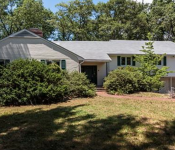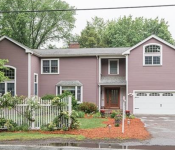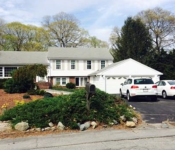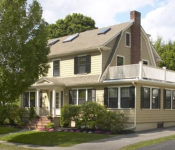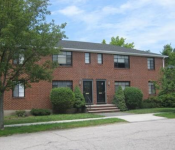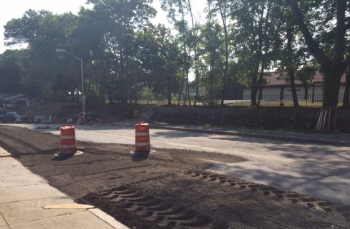Photo: Air conditioning units use a great amount of electricity.
Who said Labor Day is the unofficial end of summer?
The next two days will see temperatures in Belmont hit the 90s, and with that comes higher than normal energy usage and higher costs.
Sagewell, Inc. –the Woburn-based administrator of Belmont Light Energy Efficiency – is asking its 11,000 customers to help Belmont save energy and money by reducing their electricity consumption between 3 p.m.and 6 p.m. during the next two days.
Electricity cut during peak times helps Belmont mitigate rising utility costs, according to Sagewell.
“Nearly one-third of your electric bill is for the cost of procuring sufficient capacity for peak days and these costs are continuing to increase for all utilities across New England,” Sagewell notes.
Here are some tips to reduce Belmont peak electricity consumption:
● Adjust air conditioners between four p.m. and 6 p.m. and turn off the AC in rooms that are not used. Adjusting the thermostat even by 2-3 degrees helps.
● Use a microwave oven or an outdoor grill instead of a stove or a regular oven.
● Shift laundry and dishwasher use to after 6 p.m.
● Shift other electricity use to before 3 p.m. or after 6 p.m.
Residents and businesses with questions or would like advice on how to decrease peak energy consumption, feel free to contact Sagewell at support@sagewell.com or by calling 617-963-8141.
